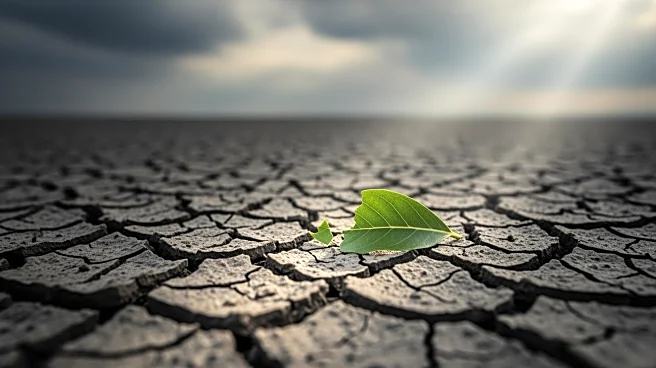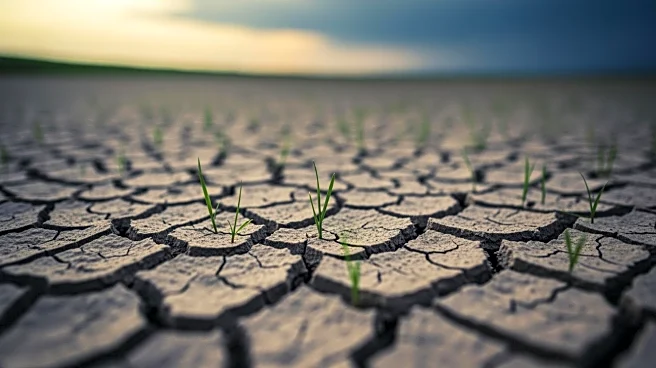Rapid Read • 8 min read
Recent research conducted by Siyi Chen and colleagues at The University of Hong Kong has revealed that exposure to heatwaves can accelerate biological aging. The study analyzed medical data from nearly 25,000 adults in Taiwan, comparing their biological and chronological ages. It was found that cumulative exposure to heatwaves significantly increased biological aging, with each additional four-day heatwave period equating to an aging increase of nine days. The impact was notably severe among manual workers and rural residents, suggesting that access to air conditioning could mitigate these effects. The findings align with previous studies on the impact of heat on aging in older U.S. adults.
AD
The implications of this research are significant for public health, particularly in regions prone to extreme heat. Accelerated aging due to heat exposure can exacerbate health issues, leading to increased healthcare costs and a greater burden on medical systems. Vulnerable groups, such as manual laborers and rural populations, are at higher risk, highlighting the need for targeted interventions. The study underscores the importance of sustainable cooling solutions to prevent further environmental impact while protecting public health. This research could influence policy decisions regarding climate change adaptation and public health strategies.
Future steps may involve developing and implementing sustainable cooling technologies to reduce the impact of heatwaves on vulnerable populations. Policymakers might consider integrating these findings into climate adaptation strategies, focusing on improving access to cooling systems in high-risk areas. Further research could explore additional protective measures and the long-term health impacts of heat exposure. Public health campaigns may also be necessary to raise awareness about the risks of heat exposure and promote preventive measures.
The study highlights ethical considerations in addressing climate change impacts, particularly the need to balance technological solutions with environmental sustainability. It also raises questions about social equity, as access to cooling systems is not uniform across different socioeconomic groups. Long-term, this research could contribute to a broader understanding of how climate change affects human health and aging, potentially influencing global health policies.
AD
More Stories You Might Enjoy











